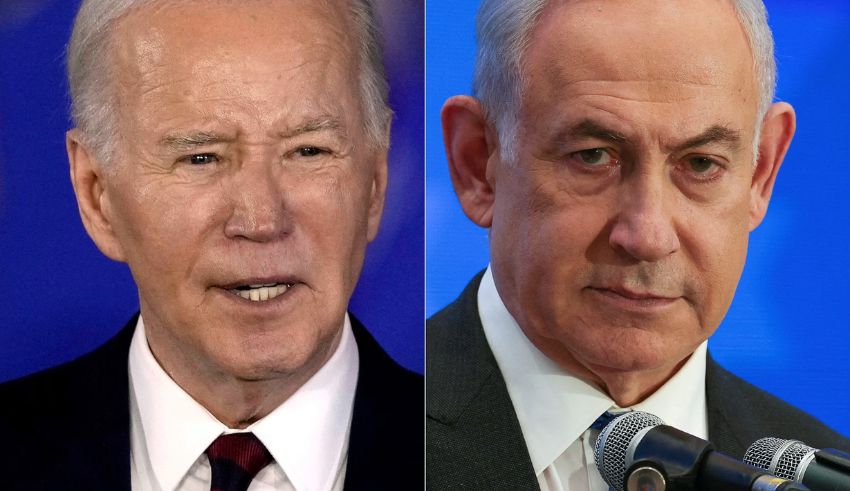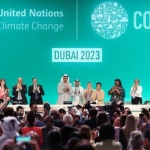
In the wake of a tragic incident in Gaza, President Joe Biden has taken a firm stance, warning Israel that continued US support is contingent upon Israel’s commitment to protecting civilians and aid workers. This development follows an airstrike that resulted in the deaths of seven World Central Kitchen staff members.
The Tragedy
The airstrike, which the Israeli government has called a “grave mistake,” has sparked international outrage and a demand for accountability. World Central Kitchen founder José Andrés stated that his workers were systematically targeted, a claim that has intensified scrutiny on Israel’s military operations.
Biden’s Ultimatum
President Biden communicated directly with Israeli Prime Minister Benjamin Netanyahu, emphasizing the need for Israel to announce and implement specific, measurable steps to address civilian harm and the safety of aid workers. The White House has made it clear that the US’s ongoing support hinges on these actions.
International Implications
The US’s stance represents a potential shift in policy, with Secretary of State Antony Blinken echoing the sentiment that a change in US policy could be imminent if Israel does not take immediate action to improve conditions in Gaza.
Keep Reading
The Response from Israel
In response to the US’s statements, Israeli government spokeswoman Raquela Karamson acknowledged the need for Israel to adjust its practices to prevent such incidents from occurring again.
Broader Context
- Humanitarian Concerns: The incident has raised serious humanitarian concerns, highlighting the vulnerability of civilians and humanitarian workers in conflict zones.
- US-Israel Relations: The US has historically been a staunch ally of Israel, providing substantial military aid. Biden’s warning signals a potential reevaluation of this relationship in light of recent events.
- Global Reactions: The international community, including the United Nations and various human rights organizations, has called for thorough investigations and greater efforts to protect civilians in conflict areas.
As the situation unfolds, the world watches to see how this diplomatic pressure will influence the dynamics of the Israeli-Palestinian conflict and the broader Middle East peace process.


























